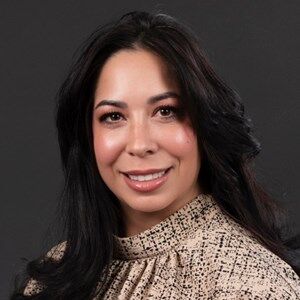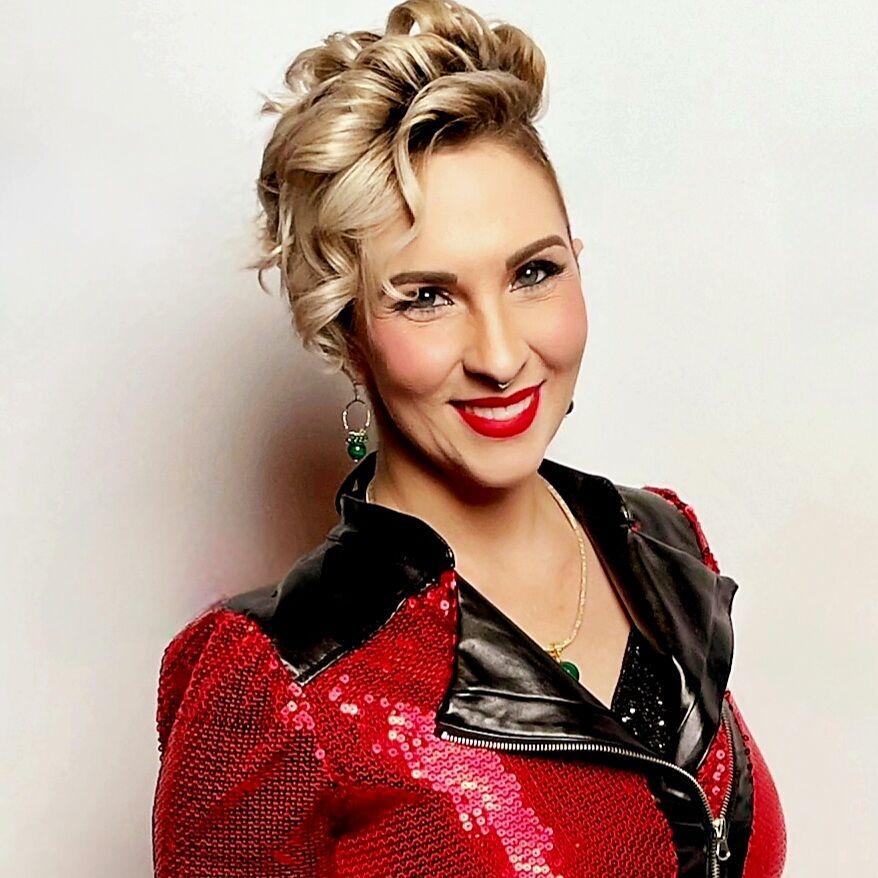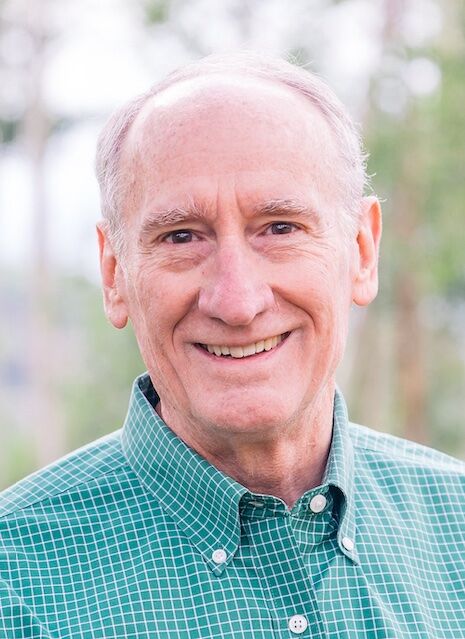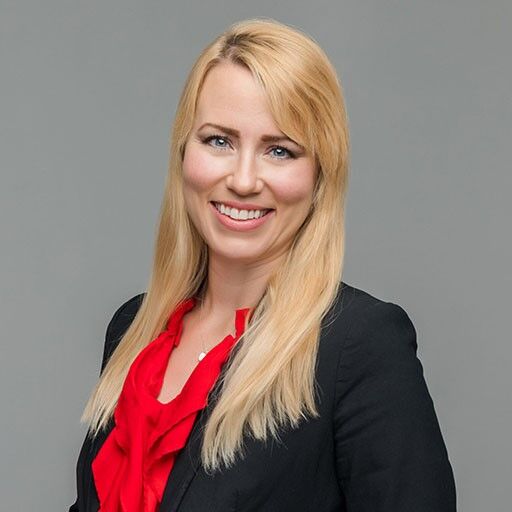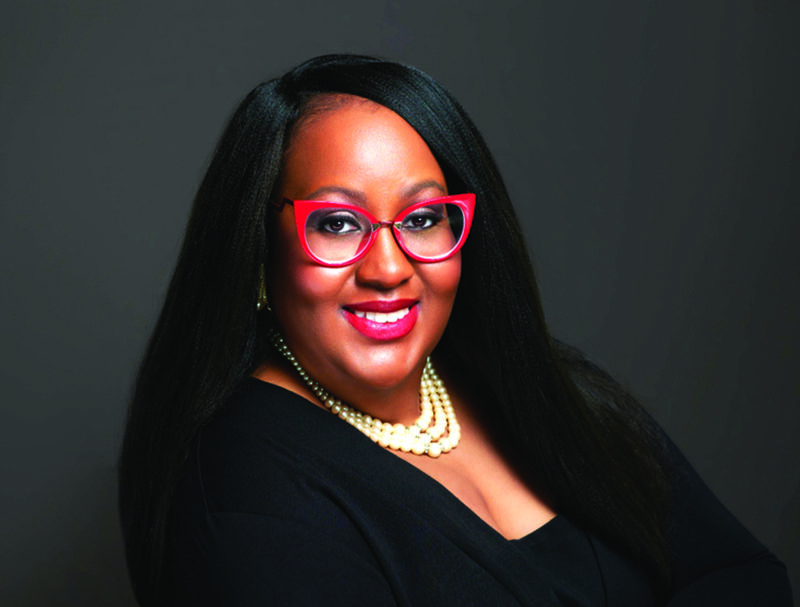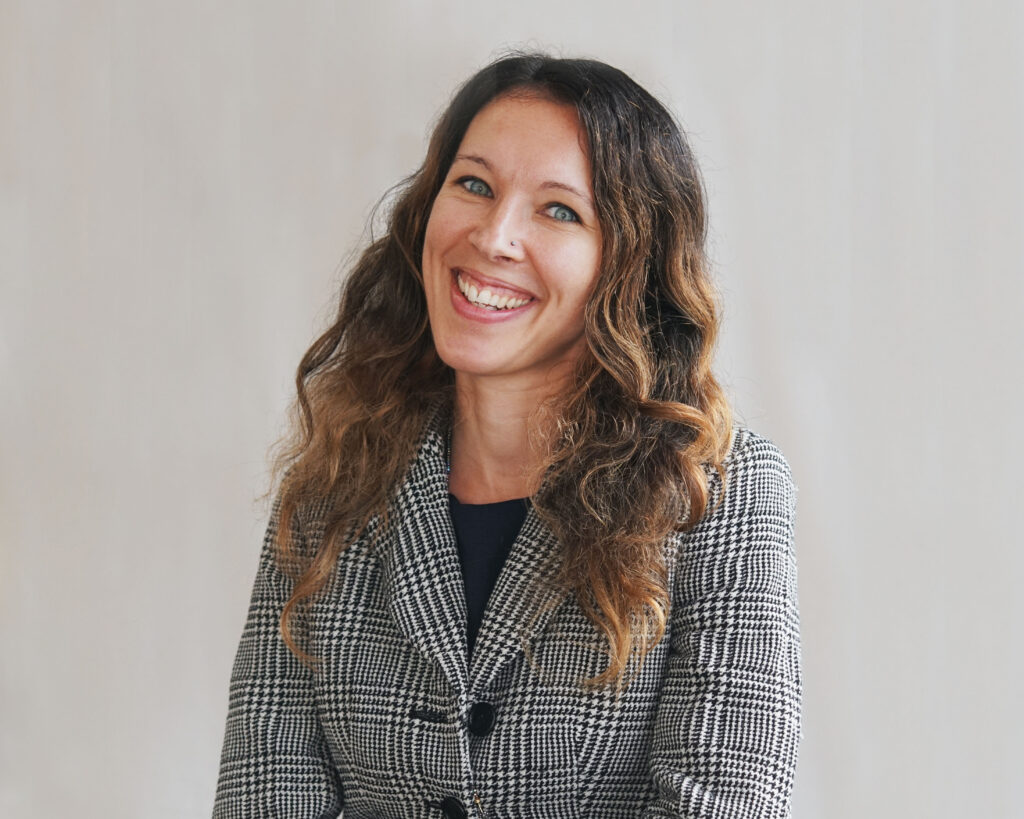Ukraine’s tragic plight is unnecessary warmongering
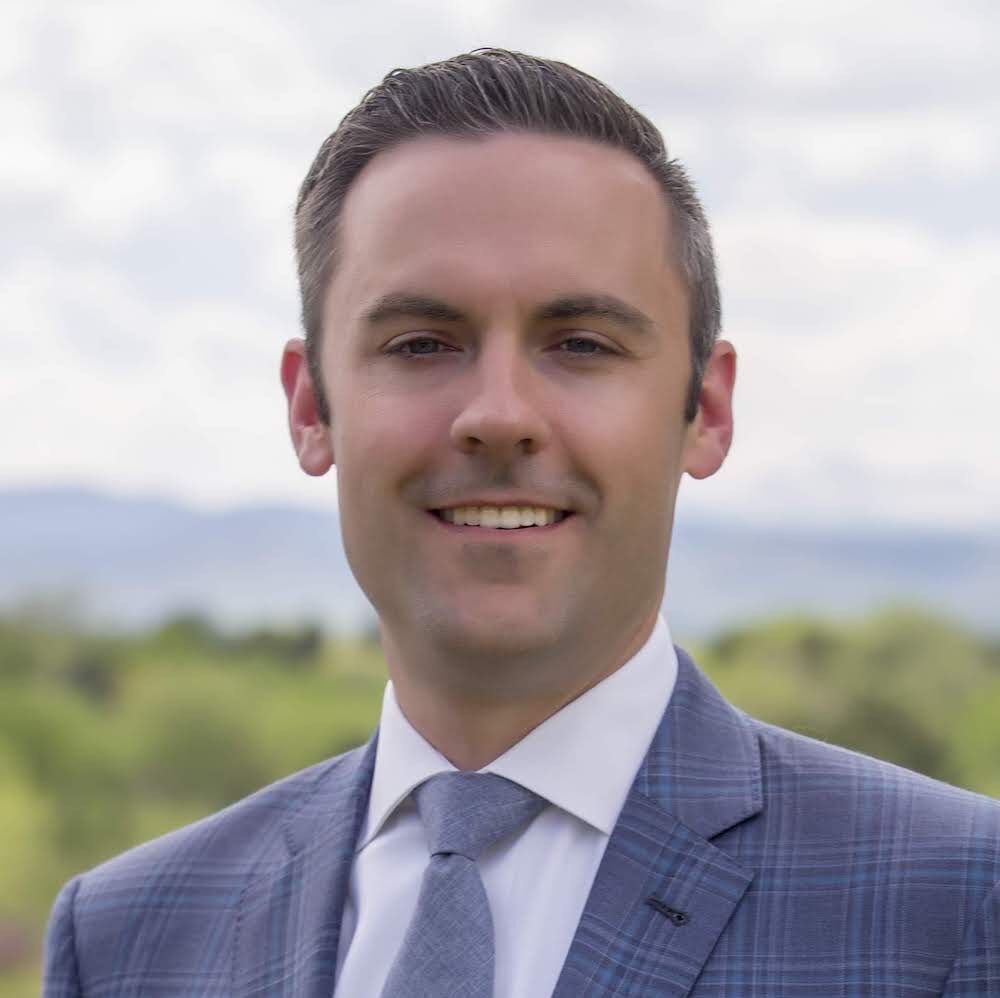

It was hard to anticipate how our trip would play out when we landed at Boryspil International Airport. This wasn’t a weekend trip to Cancun, or an excursion to London or Paris. Ukraine was never anywhere near the list of countries my wife and I had thought to visit. But when the opportunity presented itself, we couldn’t miss it.
We’d come to the country to visit my wife’s aunt and uncle, who were there on a U.S. State Department contract. They wasted no time introducing us to local friends and showing us the sights in Kyiv and Odessa. It was a beautiful, exciting trip and one that taught us more than we would have ever imagined.
We found Ukraine to be a hopeful place. It was the fall of 2019, and President Volodymyr Zelensky had been elected just months before on a pro-EU and reform platform. Snap elections in July led to his Servant of the People party winning the first parliamentary majority in the country’s history. A political neophyte, Zelensky was joined by dozens and dozens of first-time MP’s. A full 80% of the 2019 class were freshmen. And, on average, they were seven years younger than the previous Parliament. A full 14% were women, doubling the prior amount.
Ukrainians were hopeful. And they were looking west.
Our uncle was consulting on behalf of the U.S. with the Ukrainian energy regulator. His project focused on infrastructure and regulatory modernization with the goal of better aligning Ukraine with EU standards. With the benefit of hindsight, it’s another stark lesson about just how much the politics of energy is the key to understanding the fate of Ukraine as a nation.
Those westward-facing programs, the recent elections and a mountain of similar coverage dominated the pages of the (now-shuttered) English-language Kyiv Post. It made for excellent morning reading and fascinating conversations with the locals we spoke to. Our relatives had been in the country for a little more than a year and had done a great job growing their circle of local friends who were all eager to meet us as well.
But to the east in Donbas was a stark reminder of challenges the country faced. Life was normal in most of the country, and it was easy to forget that Ukrainian patriots were fighting a hot war against Kremlin-backed proxy fighters.
A trip to the country’s WWII museum made the conflict very real. The last 20% of the museum’s exhibit space was curated to depict the history and current status of the war in Donbas. In 2014, with most of the army combat ineffective, Ukrainian patriots rallied to muster local militias and defend their territory from the czar. It was a moving and emotional experience, and it created a strong sense of shared patriotism.
All of this makes the events of the last few days more difficult to watch than I would have ever imagined. I fear for our Kyiv friends, whom we have not yet heard from since the attacks began. I worry about how these events will play out on the world’s stage and how they may impact us here at home. I fear for my son’s future.
My generation is no stranger to war. Our country fought the longest war in her history in the span of my adult life. But the Global War on Terror, the fighting in the Balkans, Iraq and Afghanistan always felt so far away. They occurred in unfamiliar places that I’d never seen and probably never would. But none of those actions threatened the Pax Americana and the global order following the dissolution of the Soviet Union. None of them threatened our way of life and the relative peace and stability the world had grown used to.
But this is different. First, on the most basic and personal level, this war is happening in a place I’ve actually been, and in a capital city I quickly grew to love. As my wife and I watch the images coming out of the Ukrainian capitol, we see places, buildings and streets we recognize. We stood in some of those very same places just two years ago. That makes it so much more real. It brings the conflict into a much sharper focus.
This war is also taking place in Europe. It’s a place that’s no stranger to conflict. But with institutions like NATO and the EU, my generation came to think of war as something that only happens elsewhere in the world, in places where the international order is its weakest. But with his reckless and reprehensible attack on a sovereign nation, the czar shattered that notion. He’s forced me to wonder if this feeling is similar to what my grandparents must have felt when German tanks rolled into Poland, then Paris and down the Champs Elysees.
I’m comforted by the fact that I’m not alone in that feeling. Never have we seen so many nations, institutions, companies and individuals execute such a departure from long-established policy, investment and opinion in the space of a week. We should have seen this coming, and we all know it.
If this is the same feeling my grandparents had, I hope the events play out differently. For the sake of Ukraine. For the sake of the world.
Shawn Martini is the vice president of advocacy at the Colorado Farm Bureau.


